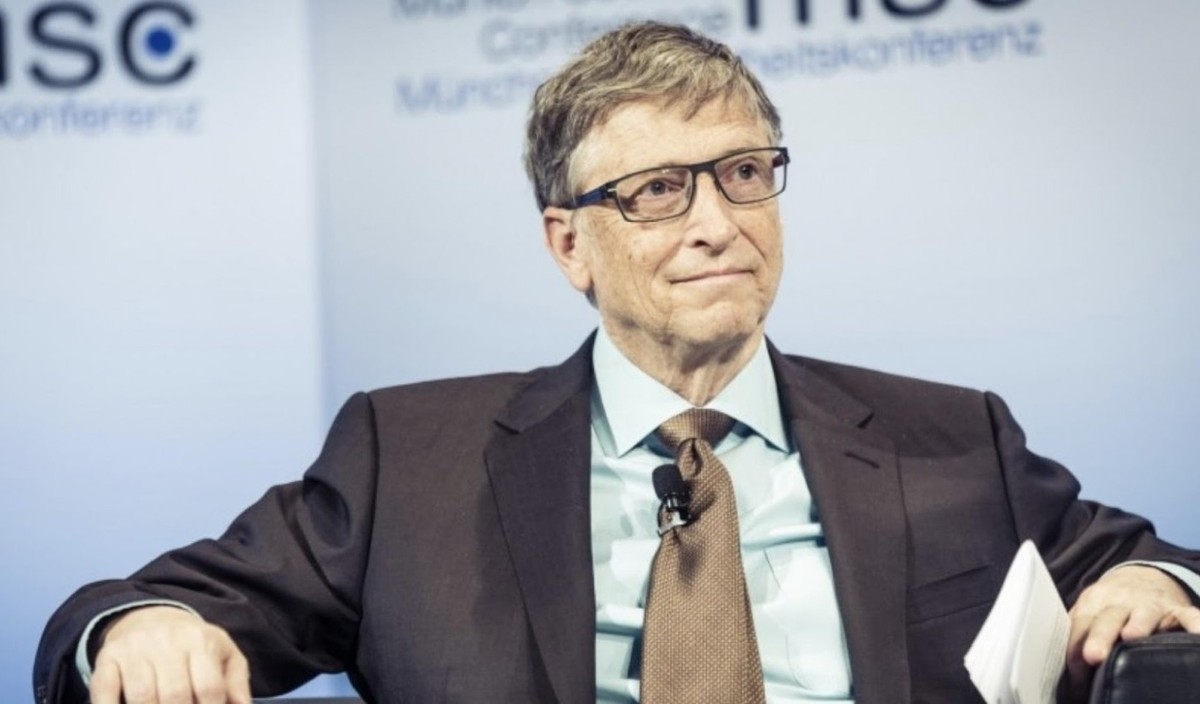AI Will Make the Workweek Two Days Long, Bill Gates Predicts in a Decade
According to a recent statement by Microsoft founder Bill Gates, within ten years artificial intelligence technologies will lead to a shortening of the workweek to two days, as reported by UniladTech. Photo from open sources.

In This Article:
- Automation of Routine Tasks Frees People for Creativity and Innovation
- Policy Change Urged: New Employment Models, Social Guarantees, and Retraining Programs
- Optimists See Improved Quality of Life and Higher Living Standards
- Mass Automation Will Require Coordinated Action and Open Questions About Inequality
Automation of Routine Tasks Frees People for Creativity and Innovation
Gates emphasized that progress in artificial intelligence allows automating many routine tasks, freeing employees for creativity and innovation. However, alongside optimism about productivity growth, there is concern about the potential social consequences of mass job cuts.

Policy Change Urged: New Employment Models, Social Guarantees, and Retraining Programs
The expert noted that governments and business leaders must prepare for this change by developing new models of employment and social guarantees. This includes creating a system of basic income and raising workers’ skills to ensure a smooth transition to a new stage of economic development.

Optimists See Improved Quality of Life and Higher Living Standards
Despite concerns, some analysts see automation as an opportunity to improve the quality of life and raise the welfare of the population. They argue that a shorter workweek will allow people to devote more time to family, leisure, and self‑improvement.

Mass Automation Will Require Coordinated Action and Open Questions About Inequality
Nevertheless, implementing such changes will require significant effort and coordinated action from governments, businesses, and civil society. The question of how to distribute income and maintain social stability in the face of mass automation remains open.


